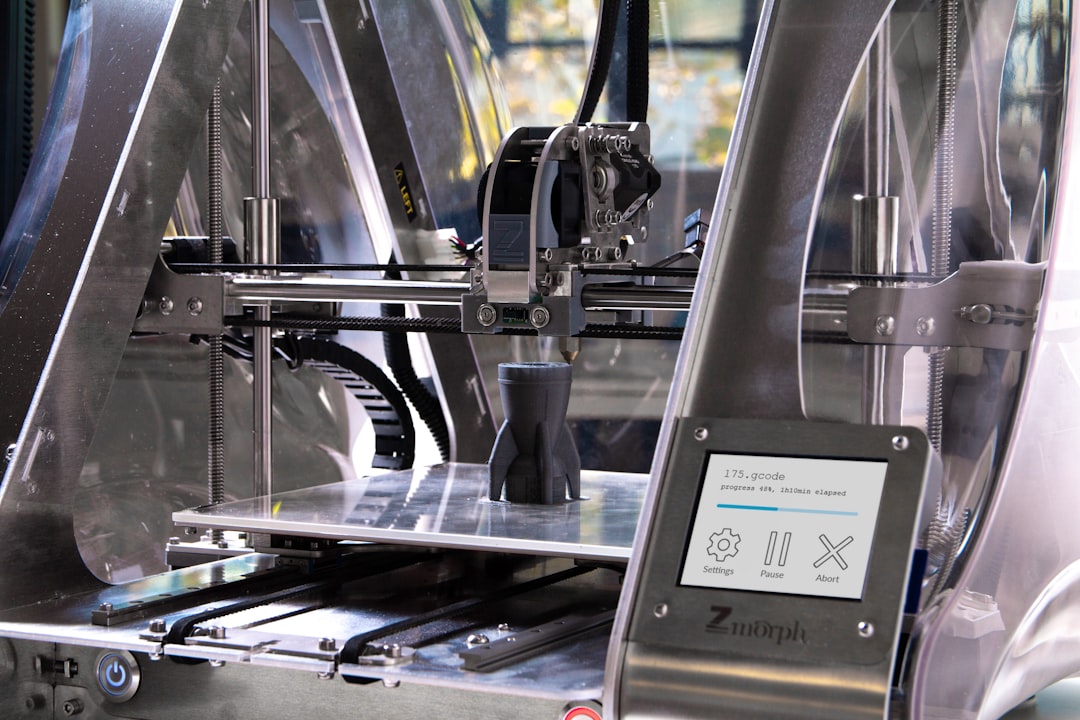
The national rice consumption in Indonesia is among the highest in the world, reaching 29.13 million tonnes in 2017. It has been estimated that it might increase to 31.7 million tonnes by 2045 along with the increase in population. In contrast, Indonesia has seen a decline in rice production in recent years. The combination of increased demand and declining production is likely to cause
a widening imbalance between rice supply and demand.
While Indonesia still imports rice, the country fulfills the largest share of its rice demand domestically. The domestic supply chains are therefore of utmost importance for stable, affordable and accessible rice supplies. However, distribution channels vary in each province
throughout Indonesia. From farmers to consumers, the chains may include middlemen, millers, wholesalers, and retailers, each with their own unique function. Regulating the number of intermediaries involved in the distribution and processing chain of domestically produced rice is not desirable as these intermediaries are required to connect farmers with consumers.
Bulog is supposed to help ensure food security by being involved in the domestic supply chain. However, they face their own challenges on both upstream and downstream levels. Bulog is obliged to maintain national rice stocks and distribute them for direct welfare assistance. However, since the new Non-Cash Food Assistance (BPNT) program relies largely on private suppliers, the distribution of public rice stocks has been compromised. Furthermore, the poor quality of rice stocks in Bulog warehouses cannot compete with those of private suppliers.
Under these circumstances, Bulog’s role needs to be reconsidered. The private sector should play a greater role in domestic rice markets and Bulog should only participate in rice distribution during emergency situations. Presidential Regulation 48/2016 Article 8 needs to be revised to allow Bulog to focus on protecting consumers through disaster-relief programs. As a practical short-term solution to lower rice prices and improve the efficacy of Bulog, Bulog’s monopoly on imports of medium-quality rice should be removed. Private companies should be eligible to access an automated licensing system and to import medium-quality rice to Indonesia.



